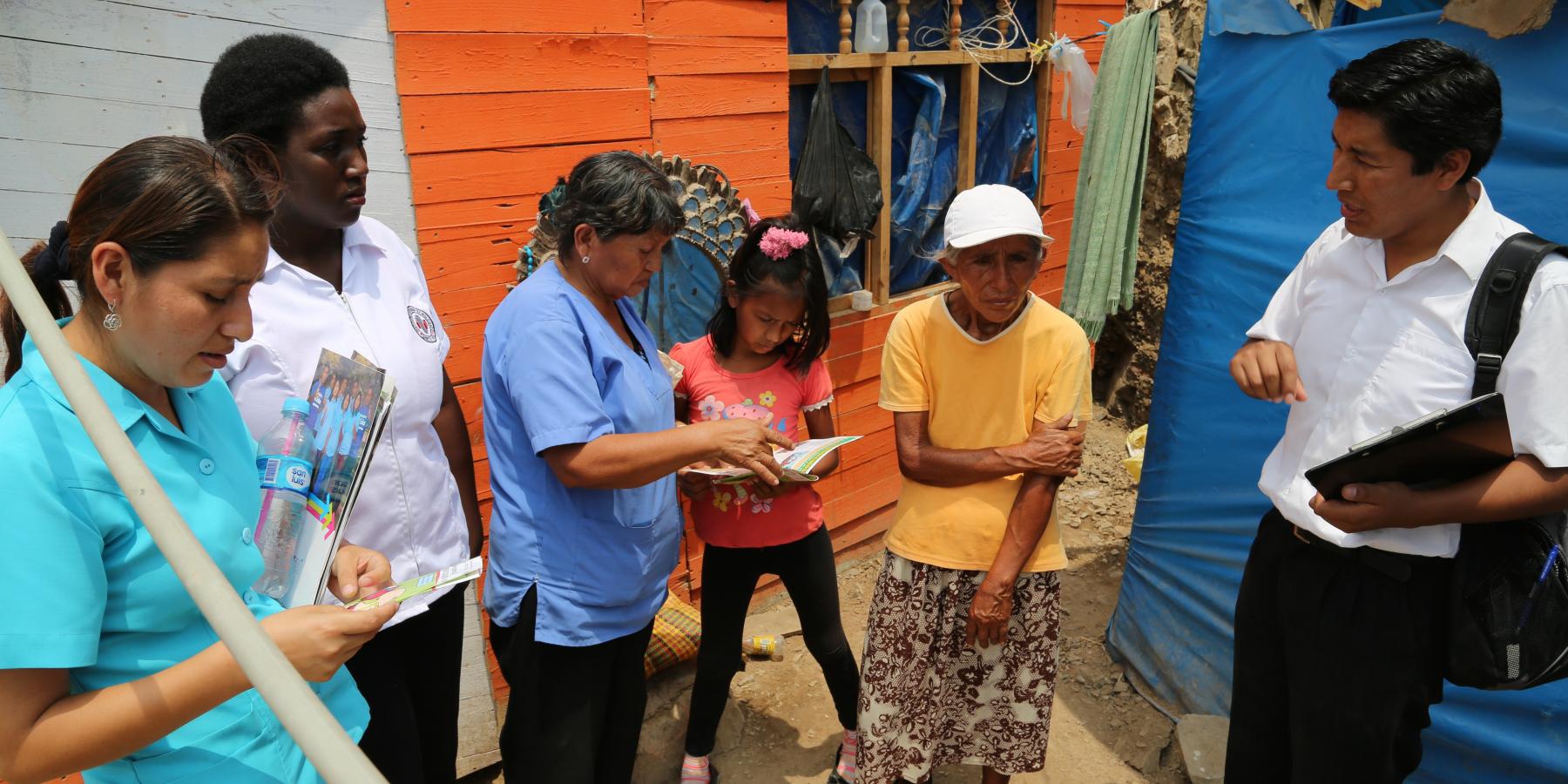
A 2011 economic evaluation report prepared by the World Economic Forum and the Harvard School of Public Health, in advance of the 2011 UN Summit on NCDs identified 5 key points around the financial burden of 5 major NCDs (cardiovascular disease, chronic respiratory disease, cancer, diabetes, and mental illness).
- These 5 NCDs could contribute a cumulative output loss of US$ 47 trillion in the two decades from 2011, representing a loss of 75% of global GDP in 2010 (US$ 63 trillion).
- As economies, ages and populations in low and middle income countries grow, they are likely to overtake high imcome countries in terms of growth in the burden of NCDs.
- Cardiovascular disease and mental health conditions contribute the greatest economic burden of NCDs.
- Business leaders throughout the world are concerned about the impact of NCDs, more-so than concerns about communicable diseases. Where quality of or access to healthcare is considered poor, concern is greater.
- There are options available to prevent and control NCDs, such as WHO's “Best Buys”, behaviour change interventions, and more cost-effective models of care which also alleviate the burden on family-carers.
“By investing just US$ 1-3 dollars per person per year, countries can dramatically reduce illness and death from NCDs." Margaret Chan, Director General WHO (2015)
The 3rd international Financing for Development Conference (FfD3), held in July 2015, paved the way for positioning health squarely on the development agenda. The Addis Ababa Action Agenda, together with the DOHA Declaration and Monterrey Consensus, is intended to be a coherent policy framework that speaks to how countries will mobilise resources to implement the 2030 Agenda for Sustainable Development.
The Action Agenda contains a strong focus on health and NCDs, with agreements to consider taxing harmful substances, mainly tobacco, to deter consumption and generate domestic revenue. The agreement notes the enormous burden NCDs have on developing and developed countries, and the importance of strengthening health systems and achieving universal health coverage as part of efficient and integrated sustainable development.
Less than 2% of donor assistance for health is spent on #NCDs. Investing more will save lives & money

